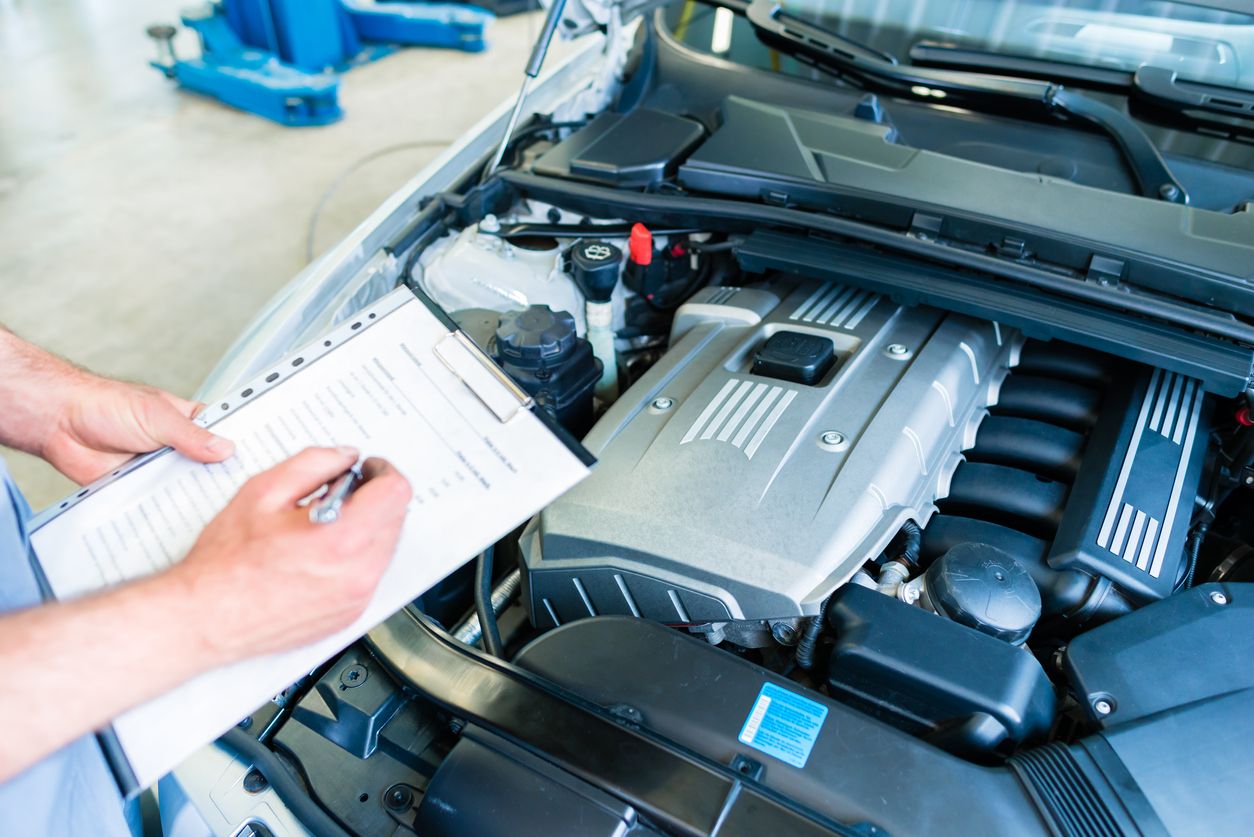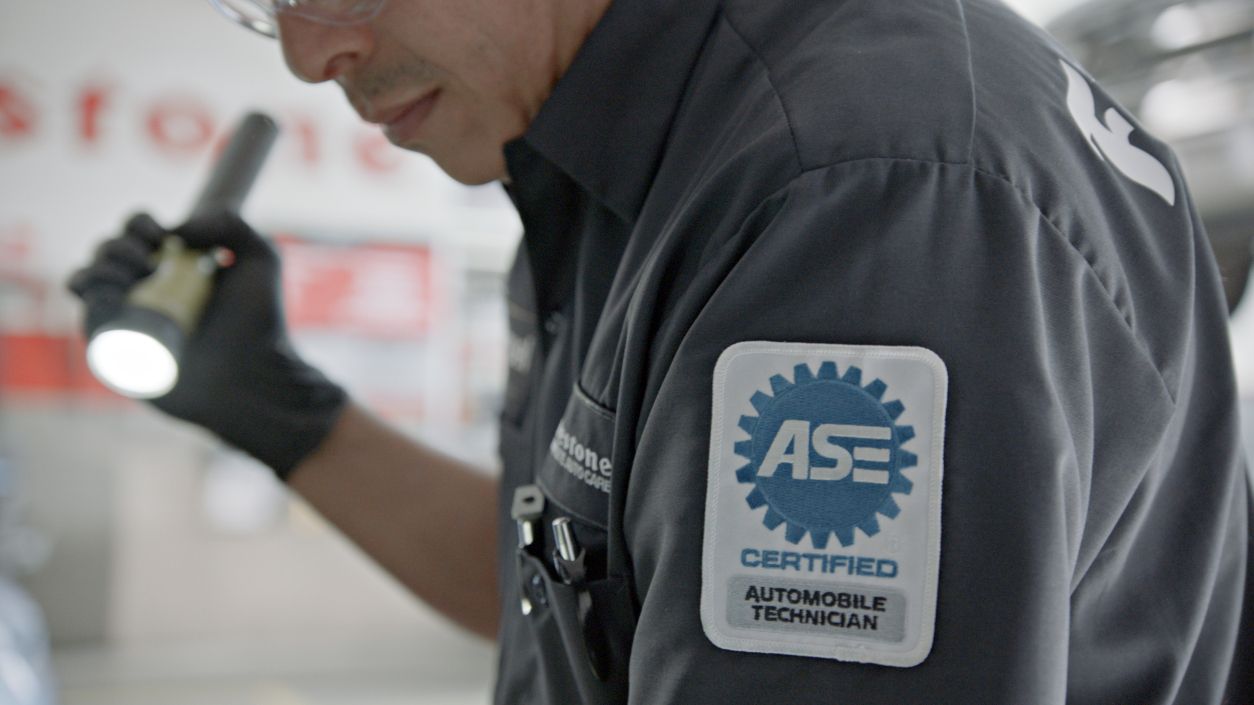Regular vehicle inspections are essential to the health of your car, and you may even be required by your state to get one. Get your car ready for the test by learning what a vehicle inspection report is, why you need one, and how to get one with this guide.
Importance of Vehicle Inspections
Vehicle inspections are important because they help to ensure that your vehicle is performing as intended. During the inspection, your technician can help you get ahead of potentially dangerous issues like low tire tread and worn brakes. In the same vein, an inspection can help save you money by allowing you to catch problems early on before they cause extensive and costly damage.
Depending on where you live, you may need a state vehicle inspection when renewing your registration or purchasing a new vehicle. Inspection frequency and requirements vary by state and even county, so you always want to reference local guidelines.
Where Can You Get a Vehicle Inspection?
Many auto shops, including Firestone Complete Auto Care, offer some type of complete vehicle inspection. If your state requires inspections for registration purposes, you need to make sure you get an inspection from a certified inspection station. The DMV should have a list of certified inspection stations available.
What Is Checked on a Vehicle Inspection?
What’s included in a vehicle inspection varies depending on where you go. However, a thorough vehicle inspection should include the following checklist:
- Fluid Levels: Oils, coolant, and washer
- Filters: Cabin and engine air
- Tires: Air pressure, tread depth, and overall condition
- Steering: Power steering belt, fluid level, and pump
- Suspension: Joints, shocks, and struts
- Brakes: Brake fluid level and drum, shoe, pad, and rotor wear
- Lights: Head, brake, and taillights as well as hazards and turn signals
- Windshield Wipers: Windshield, wiper blades, wiper arms, and washer fluid level
- Exhaust System: Exhaust pipe and muffler
- Battery: Voltage, cold cranking amps, and charge/discharge
How to Check Motor Vehicle Inspection Results
After your inspection, you should receive a vehicle assessment report from the technician. If everything looks good, you should pass your safety inspection. However, your technician may still recommend services. Reasons your technician might suggest a repair or replacement include components being close to failure or due based on your manufacturer's suggested maintenance schedule.
Unfortunately, not everyone passes their state inspection. If a part no longer performs as it should or is missing, a replacement or repair may be required before you can pass.
How to Pass a Vehicle Safety Inspection
Inspections are all about making sure your vehicle works properly. Staying on top of routine maintenance can help you keep your car in good shape and ready to pass an inspection. Some regular maintenance services you should focus on include:
- Oil Changes
- Tire Rotations
- Wheel Alignments
- Engine and Cabin Air Filter Changes
- Brake Services
- Battery Checks
Turn to Firestone Complete Auto Care for Your Next Vehicle Inspection
Is your car prepared to meet the criteria of a state vehicle inspection? Make sure your ride is up for the task by getting a Complete Vehicle Inspection at your nearest Firestone Complete Auto Care.



